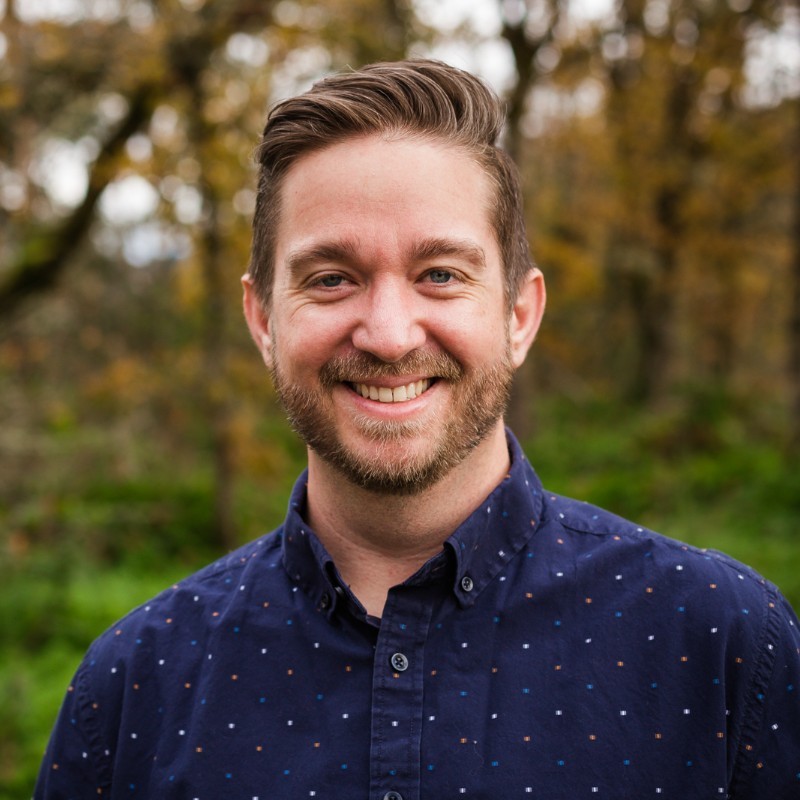Localization Training Video Course
Training built for engineers — learn practical strategies to implement and work within an internationlized codebase.
This comprehensive training course is tailored for software engineers, equipping them with the knowledge and skills necessary to successfully build and maintain global-ready software. The curriculum is designed to provide a mix of foundational concepts, technical implementation strategies, and best practices for stable localization architecture.
Lay the groundwork for understanding and implementing localization processes.
- Key Terminology: Learn essential concepts like localization (L10N), internationalization (I18N), globalization (G11N), and cultural adaptation.
- UI Strings and Dynamic Content: Discover best practices for managing and extracting translatable UI strings, handling placeholders, and designing content that adapts dynamically.
- LTR vs. RTL: Differentiate between Left-to-Right (LTR) and Right-to-Left (RTL) layouts, and implement strategies for seamless integration of bidirectional text in your applications.
Understand and manage the translation process efficiently.
- What is a Translation Management System (TMS)? Explore the role of TMS platforms in simplifying the localization workflow.
- Improving Efficiency with a TMS: Learn how translation memory, glossary management, and workflow automation can save time and reduce costs.
- TMS Organization: Organize projects and maintain consistency across multiple languages and translation tasks.
- Managing Translation Files in Codebases: Implement folder structures, file naming conventions, and version control for translation files.
Master internationalization techniques to build localization-ready software.
- Static vs. Dynamic Deployment: Learn the differences between static deployment (e.g., language-specific builds) and dynamic deployment (on-the-fly locale switching).
- Dynamic Codebase Deployment: Explore how to deploy multilingual applications with minimal disruption.
- Automation in Localization: Automate repetitive tasks in the development cycle, like string extraction, file generation, and syncing with TMS.
Design scalable and efficient localization architectures.
- Determining Accurate Locales: Build systems that intelligently determine the user's locale based on browser settings, IP address, and user preferences.
- API Design for Globalization: Learn how to design APIs that support multilingual and multicultural content delivery.
- Formatting for a Global Audience: Implement locale-specific formatting for dates, times, currencies, and numbers to improve user experience worldwide.
What You'll Gain
- A strong foundation in localization concepts and processes.
- Hands-on experience with tools and techniques for managing translation workflows.
- Strategies for automating and optimizing localization in software development.
- Skills to design scalable and efficient global-ready architectures.
By the end of this course, engineers will have the tools and knowledge to confidently build and maintain software that performs seamlessly across international markets. Sign up now to get started!
Choose Your Plan
For Yourself (--)
Ideal for individual professionals looking to sharpen their localization skills and apply them immediately in their projects.
Full Access to Course Materials
- Videos and guides covering localization fundamentals, tools, and advanced techniques.
- Ability to download all materials to reference as long as you need.
One Year of Updates
- Receive updated resources and lessons for one year as we improve our lessons, and localization tools and practices evolve.
For Your Team (--)
Perfect for organizations aiming to equip their team with the skills needed for seamless global expansion.
All Features of the 'For Yourself' Package for Every Team Member
- Individual access for up to 5 team members.
Consultation Included
- A one-hour consultation with your engineering to address team-specific challenges and strategies.
- Discounted consultation rates for one-year from purchase.
Extended Support
- Priority email support for any course-related questions or challenges.
FAQ
What does localization training involve?
Who should take a localization training course?
Do you offer customized training for specific industries or teams?
Can you help with ongoing localization projects?
Do you provide consultations on localization workflows or strategies?
Do you offer support for integrating localization tools with existing systems?
Who We Are
Your Instructor

Aaron Presley is a Sr. Localization Architect who has helped companies like Nike and Fetch architect their codebases for a global audience.
In 2016 Aaron joined Nike's Globalization team as a Software Engineer. While there, he and his team built Nike's translation pipeline which handles 10,000+ translations across 20+ languages and regions.
During his time, Aaron learned intimately what it takes to operate an engineering team that is able to adapt and handle a global audience. He was also honored to speak about his team's efforts at the 2018 Internationalization and Unicode Conference.
Since 2021, Aaron has been teaching other software companies how to write code for a global audience, and uses his network of Localization experts to provide his clients with diverse expertise.
